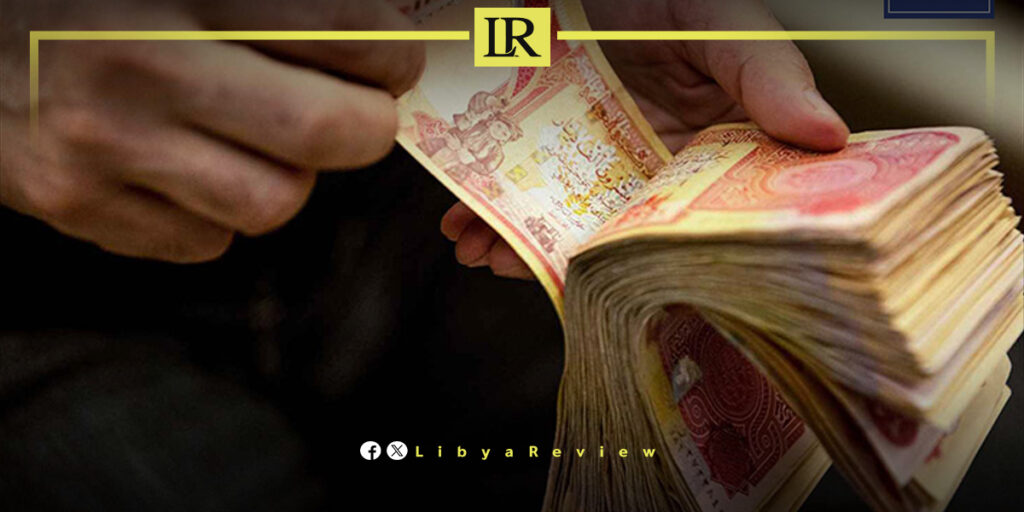A prominent Libyan economist has warned that removing state subsidies, especially on fuel, would be premature and socially damaging, as the vast majority of Libyans struggle with poverty and low income.
Speaking to Russia Today, economic expert Mohamed Dermesh said the current pricing of fuel in Libya does not reflect its real market value, but rather stems from deep-rooted structural economic distortions. These include low personal incomes, widespread unemployment, and soaring poverty levels.
“Between 70 and 80% of Libyan citizens are living below the poverty line, and the average monthly income barely exceeds $200,” Dermesh stated. He stressed that removing subsidies without first addressing these underlying issues would lead to severe consequences.
He added that the widespread belief in large-scale fuel smuggling may be overstated. “Fuel smuggling exists, yes, but the volumes may not be as exaggerated as some suggest. The real issue lies in the lack of transparent accounting and coordination between state institutions,” he said.
Dermesh criticised the lack of clarity in government figures, suggesting that proper monthly audits could reveal lower actual costs than those currently reported.
The economist urged caution, warning that subsidy removal could worsen already fragile living conditions. “Such a decision could have serious social consequences, including a rise in poverty and increased school dropout rates among vulnerable families,” he said.
Instead, he called for structural reform of Libya’s economic system, improved transparency, and increased job creation as essential steps before considering subsidy cuts.
Libya, despite being rich in natural resources, has struggled with economic mismanagement, conflict, and institutional fragmentation for over a decade. Calls for reform continue to grow amid mounting public frustration over living conditions and lack of services.


